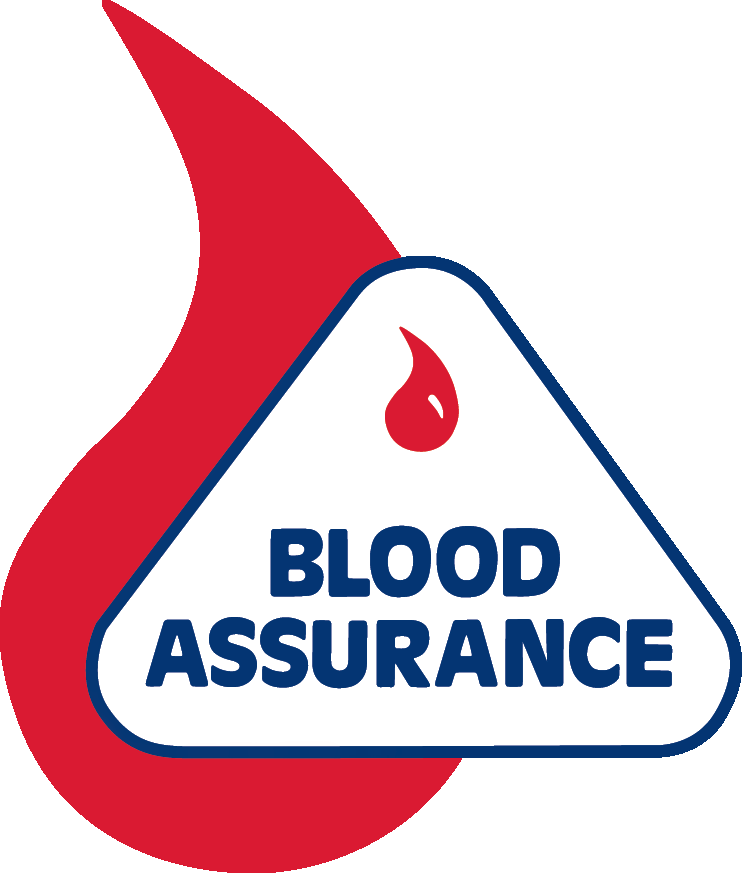Blood 101
Introduction:
Did you know that one thing connects you to every person you meet? It's blood! You know you need blood, but have you ever wondered what it actually does inside your body? How does it support your health and well-being? And what happens after you generously donate blood? How does your body replenish what you've given? Keep reading to learn all about blood and why blood donation is so important for you and your community!
I. Blood Types and Their Incidence: What's Your Type?
Let's kick off our journey by discovering the different blood types and their distribution in the population. There are eight blood types: O+, A+, B+, AB+, O-, A-, B-, and AB-. Here's how they stack up in terms of prevalence:
O: 44%
A: 44%
B: 4%
AB: 4%
Knowing the prevalence of each blood type helps ensure a sufficient supply of compatible blood for patients in need in your community!
II. Antibodies and Blood Group Antigens: The Keys to Compatibility
To understand blood compatibility, we need to dive into antibodies and blood group antigens. Antibodies are the superheroes of our immune system, fighting off viruses and infections.
Blood Group O: No A or B antigens
Blood Group A: A antigen present
Blood Group AB: A and B antigens present
Blood Group B: B antigen present
It's worth noting that our immune system prevents us from producing antibodies against our own red blood cells.
III. Blood Transfusion: The Right Match Saves Lives
When it comes to blood transfusions, compatibility is key to prevent complications. Incompatible blood transfusions can lead to severe reactions, highlighting the importance of matching blood types. Let's explore the antibodies and compatible red blood cells for each blood type:
Blood Group O:
Antibodies: Anti-A and Anti-B antibodies
Compatible Red Blood Cells: Universal red cell donor (can donate to all blood types)
Blood Group A:
Antibodies: Anti-B antibodies
Compatible Red Blood Cells: Can donate to A and AB blood types
Blood Group AB:
Antibodies: None
Compatible Red Blood Cells: Universal plasma donor (can donate to AB blood type)
Blood Group B:
Antibodies: Anti-A antibodies
Compatible Red Blood Cells: Can donate to B and AB blood types
Ensuring proper blood type compatibility is crucial to avoid transfusion-related complications and save lives.
IV. Components of Blood and Their Functions: A Closer Look
Packed Red Blood Cells:
Packed red blood cells are like oxygen delivery drivers, transporting this essential element from the lungs to the tissues. They contain hemoglobin, a protein that binds and carries oxygen to nourish the body's organs and cells.
Platelets:
Platelets rush to the scene when a blood vessel is damaged, forming clots to prevent excessive bleeding and start healing. Platelets are especially critical for individuals with bleeding disorders or undergoing surgical procedures.
Plasma:
Plasma is the liquid component of blood that acts as a transport medium. It carries nutrients, hormones, and waste products throughout the body, ensuring the proper functioning of organs and systems. Plasma also contains proteins that regulate balance and support the immune system!
Cryoprecipitate:
Derived from plasma, cryoprecipitate contains essential clotting factors and proteins, such as fibrinogen, which play a vital role in the clotting process. It is often used in situations where rapid clot formation is necessary.
Understanding the functions of these blood components highlights the importance of maintaining a steady supply for you and those in your local community. The blood given at a Blood Assurance location stays LOCAL!
Conclusion:
Congratulations on gaining a deeper understanding of blood donation! Just a quick reminder, individuals with blood group O negative are considered universal red cell donors, meaning their blood can be given to anyone in need. On the other hand, those with blood group AB are universal plasma donors, making their plasma suitable for patients of any blood type.
Now that you comprehend the power of blood donation, why not consider becoming a real-life hero by donating blood? Your contribution can have a profound impact and save lives. Visit our schedule page HERE to explore the nearest donation center or mobile drive in your area. Thank you for being a BA Lifesaver and making a lasting difference in your community!
